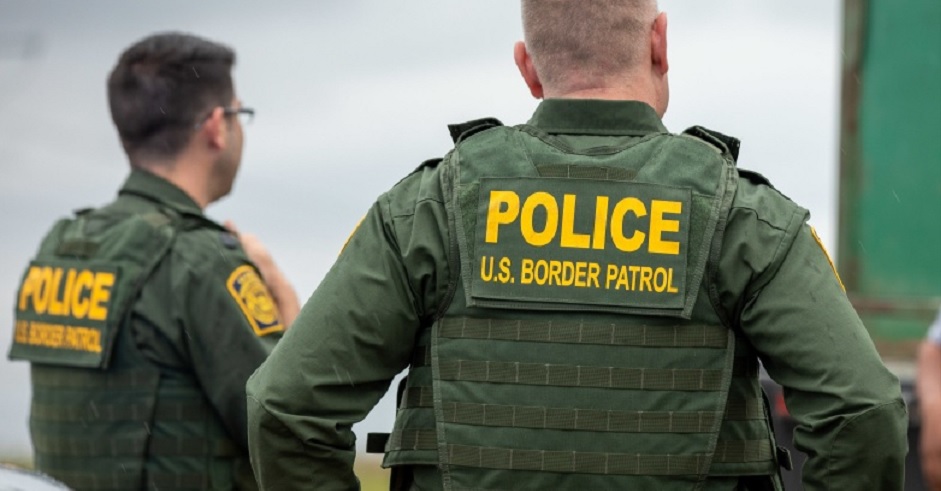In a victory for government transparency, earlier this month a federal district court ordered the government to release the names of the Border Patrol agents involved in a program to screen asylum seekers through credible fear interviews.
Beginning in April 2019, the secretive pilot program replaced experienced asylum officers with Border Patrol agents. Border Patrol—a subagency of U.S. Customs and Border Protection—is a law enforcement agency with a history of abuse and misconduct toward asylum seekers. The agents who participated in the pilot program were not experienced asylum officers and were instructed not to tell asylum seekers that they worked for Border Patrol. Though a federal court halted the program in August 2020, the government has withheld records essential to understanding how the program operated and its impact.
To learn more about the pilot, advocates submitted requests for records under the Freedom of Information Act (FOIA) in the spring and summer of 2019. When the government failed to respond, the advocates sued.
On March 11, 2022, nearly three years after the start of the pilot, the court handed plaintiffs a clear win. The government now must:
- Release the names of the Border Patrol agents who participated in the program.
- Conduct a more comprehensive search for relevant records.
- Release redacted records or provide more information to justify withholding them.
This information will provide vital insight into why a law enforcement agency was involved in the asylum process. The limited information available about the impact of Border Patrol officers in the asylum screening process already paints a bleak picture. Border Patrol agents were more likely to issue negative credible fear decisions and conducted aggressive, adversarial interviews of traumatized asylum applicants.
Even though the pilot program has been discontinued, Border Patrol agents continue to play an important role in receiving asylum seekers. As policymakers consider how to better process asylum claims for newly arrived people, it is essential they have a clear understanding of the consequences of expanding Border Patrol’s role in that process.
The court’s decision also confirmed the importance of FOIA in ensuring transparency regarding our immigration system. The court made several important points clarifying how agencies should respond to future FOIA requests:
- When a FOIA request is sent to multiple federal agencies, each agency must conduct a search for relevant records—or provide a good explanation for why the agency did not perform a search.
- If the government withholds records because they claim the records fall under an exemption to the FOIA statute that protects records related to internal government deliberations, the government must satisfy a high burden. It must provide a detailed explanation for why the document fits within the exemption and the harm to the government if the records were released. Vague statements aren’t good enough.
- A law enforcement officer’s interest in keeping their name private can be outweighed by the public’s interest in understanding how the government works.
There are many flaws in the FOIA process with respect to immigration agencies. Often, the agency does not respond to FOIA requests as quickly as it should. When it does respond, it holds back too many records. Lawsuits under FOIA can also take a very long time.
In addition to resolving these problems, the government should proactively release records about significant government activities and programs without requiring the public to go through the often slow and ineffective FOIA process.
FILED UNDER: FOIA, government transparency


